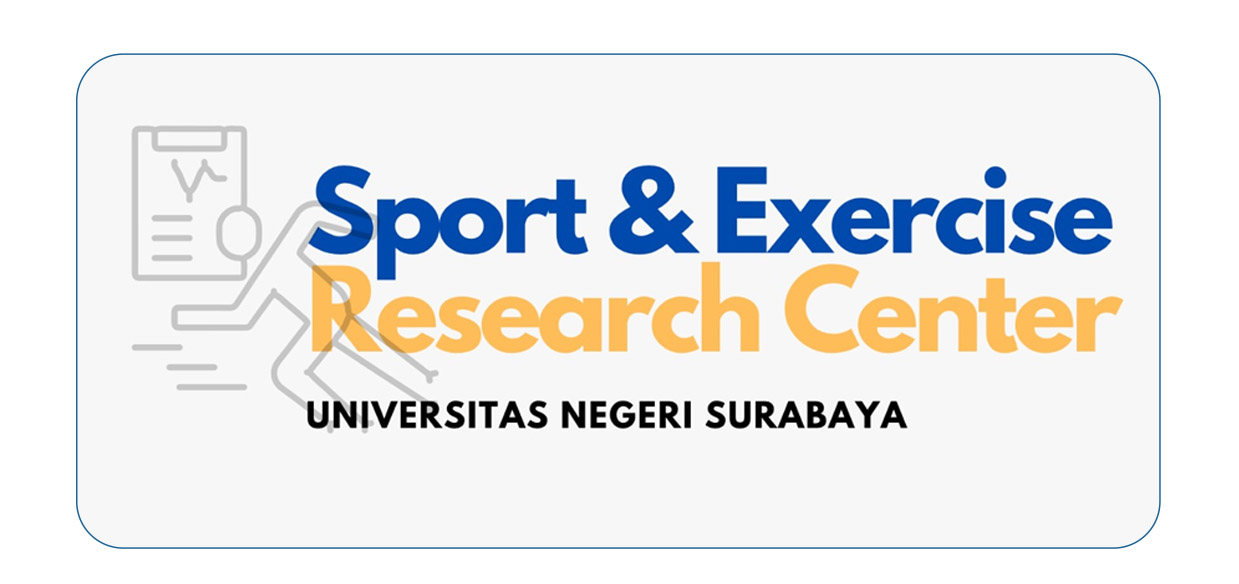Plagiarism Policy
The journal’s Editorial Board strictly prohibits plagiarism, which includes presenting research findings previously published by others as one’s own, or reproducing previously published texts without appropriate citation—whether in print or digital form.
Manuscripts submitted for publication must not contain:
1. Content copied from other researchers’ work and falsely presented as original findings.
2. Verbatim excerpts (from short phrases to full sentences) without proper use of quotation marks and citation.
3. Slightly altered versions of previously published material (e.g., paraphrasing, rearranging word order) without accurate attribution.
4. Ideas, concepts, or text paraphrased from others without giving appropriate credit to the original sources.
5. Authors are also required to cite their own previously published work when reused or referenced.
The Editorial Board reserves the right to reject any submission found to include uncredited content from existing publications. In cases where plagiarism is discovered post-publication, the article may be retracted.
To detect plagiarism, the journal uses tools such as Turnitin, Unicheck and eTXT Antiplagiarism.








